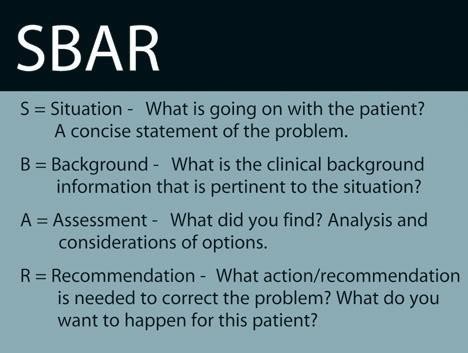The nurse leading a care team on a medical surgical unit is assigning client care to a practical nurse (PN) and an unlicensed assistive personnel (UAP). Which task should the nurse delegate to the PN?
Begin initial sterile wound care for surgical clients.
Validate prescribed intravenous flow rates.
Determine the need for urinary catheterizations.
Receive a postoperative client and conduct the assessment.
The Correct Answer is B
Choice A Reason: Beginning initial sterile wound care for surgical clients is a nursing intervention that requires clinical judgment and cannot be delegated to the PN. The PN may assist with wound care after the initial dressing change, but the RN is responsible for assessing the wound and initiating the plan of care.
Choice B Reason: Validating prescribed intravenous flow rates is a routine task that does not require clinical judgment and can be delegated to the PN. The PN has the knowledge and skill to check the IV orders, calculate the drip rate, and monitor the infusion.
Choice C Reason: Determining the need for urinary catheterizations is a nursing assessment that requires clinical judgment and cannot be delegated to the PN. The PN may perform urinary catheterizations as ordered by the physician, but the RN is responsible for evaluating the indication, risk, and benefit of the procedure.
Choice D Reason: Receiving a postoperative client and conducting the assessment is a nursing intervention that requires clinical judgment and cannot be delegated to the PN. The RN is responsible for receiving reports from the operating room, assessing the client's status, identifying potential complications, and initiating the plan of care.
Nursing Test Bank
Naxlex Comprehensive Predictor Exams
Related Questions
Correct Answer is A
Explanation
Choice A Reason: This is the best action because it helps the client meet their nutritional needs and prevents further weight loss. The nurse should delegate tasks that are within the scope of practice of the UAP, such as feeding assistance.
Choice B Reason: This is not an appropriate action because it requires a nursing assessment and intervention. The nurse should determine if the client is at risk for aspiration and consult with a speech therapist or dietitian before modifying the client's diet.
Choice C Reason: This is not a relevant action because it does not address the nursing problem of altered nutrition. The nurse should monitor the client's respiratory status and oxygenation, but this is not a task that can be delegated to the UAP.
Choice D Reason: This is not a sufficient action because it does not ensure that the client will consume enough food. The nurse should educate the client on the importance of high-protein foods, but this is not a task that can be delegated to the UAP.
Correct Answer is A
Explanation
Choice A Reason: This is the best action because it describes the current situation of the client and alerts the family to a possible change in the client's status. The nurse should provide the most relevant and urgent information first using the SBAR communication.
Choice B Reason: This is not the first action because it does not address the current situation of the client. The nurse should verify the client's healthcare power of attorney, but this is not a priority at this time.
Choice C Reason: This is not the first action because it does not explain the cause of the client's confusion. The nurse should review the client's medications and assess for any adverse effects, but this is not a priority at this time.
Choice D Reason: This is not the first action because it provides background information that is not directly related to the current situation of the client. The nurse should give a brief history of the client's admission, but this can be done later.

Whether you are a student looking to ace your exams or a practicing nurse seeking to enhance your expertise , our nursing education contents will empower you with the confidence and competence to make a difference in the lives of patients and become a respected leader in the healthcare field.
Visit Naxlex, invest in your future and unlock endless possibilities with our unparalleled nursing education contents today
Report Wrong Answer on the Current Question
Do you disagree with the answer? If yes, what is your expected answer? Explain.
Kindly be descriptive with the issue you are facing.
